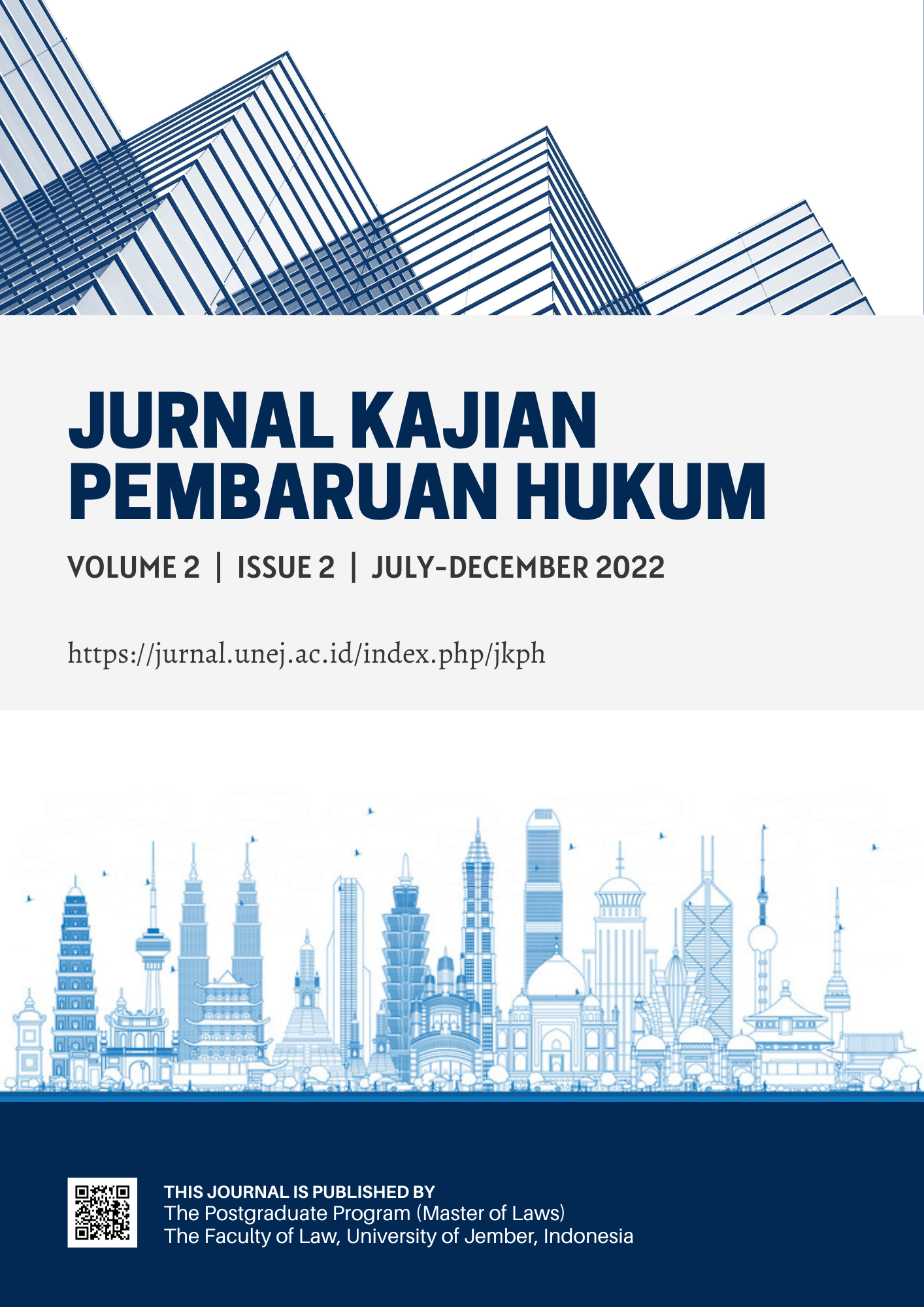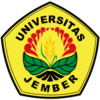Fake News in the Time of COVID-19 in Indonesia: Criminal Law Issues
DOI:
https://doi.org/10.19184/jkph.v2i2.31184Abstract
The rise of the world wide web has its janus face. While it is no longer possible to live without it, the internet also causes social issues. One will be examined here is how law can cope with the acceleration amount of fake news. The spread of fake news via the Internet in Indonesia during the COVID-19 pandemic has increasingly resulted in criminalization. One enforcement policy is based on Article 28(1) of Electronic Information and Technology Law 11/2008. The article focused on measuring fake news in light of economic loss, which to some degree, also affected fair business competition. This study was conducted based on two primary considerations. First, the nature of criminal law should be used as the last resort (ultimum remedium) in tackling social issues. Second, and still related to the previous, the damage control of the spread of fake news. In that regard, a doctrinal legal approach was deployed to analyze the formulation and implementation of Article 28(1) of the 11/2008 Law in tackling the fake news phenomenon. This study found that there are ambiguities in interpretation, which affect the law's implementation. To cope with such a problem, the government consists of the Ministry of Communication and Information Technology, Chief of Public Prosecutor, and Chief of State Police enact Joint Decree to provide the guidelines on the application of Article 28(1); the policy should be considered as temporary instead of a permanent solution. This study suggested that in the long run, there is a need to amend Article 28(1).
Downloads
Downloads
Published
Issue
Section
License
Copyright (c) 2022 Jurnal Kajian Pembaruan Hukum

This work is licensed under a Creative Commons Attribution-ShareAlike 4.0 International License.







